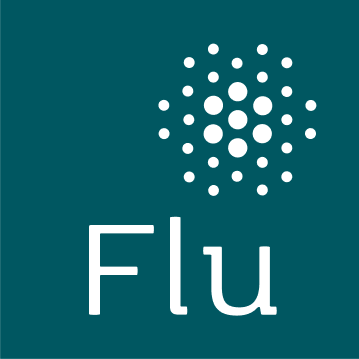Over the past few years, the numbers of people getting a vaccine—whether that vaccine is part of the routine childhood series of vaccines or for seasonal respiratory viruses—has been on a general downward trend. Results from a national survey released in fall 2024 indicates that trend will likely be reflected in flu vaccination rates during the flu season in 2024–2025.
In late September, the National Foundation for Infectious Disease (NFID) announced results from its annual survey, which provides a broad sampling of adults’ attitudes and plans to get respiratory virus vaccinations—including flu vaccinations. The survey data was highlighted by a news conference on September 25, 2024, during which multiple public health officials spoke on its survey findings.
In this year’s survey of 1,160 adults over 18 years old, 67% said they believed that getting an annual flu vaccine is the best way to protect against flu-related hospitalizations and deaths. However, only 38% said they definitely planned to get a flu vaccine. In contrast, 45% said they either didn’t plan to get the flu shot, or that they weren’t sure if they would get one.
Of this group, a majority said they were concerned about side effects from the vaccine (40%). Other concerns included a distrust of vaccines in general (33%); a belief that vaccines didn’t work very well (30%); and finally, a concern about getting sick from the flu vaccine (29%). These same reasons were cited last year by people who didn’t plan to get a flu shot, but the percentages of people giving these reasons have since increased.
In contrast, the top reasons given by those who planned to get a flu shot—or those who said they were unsure about it—were rooted in a belief that the vaccine would protect them from the flu (76%), or that it would protect their families from the flu (65%).


